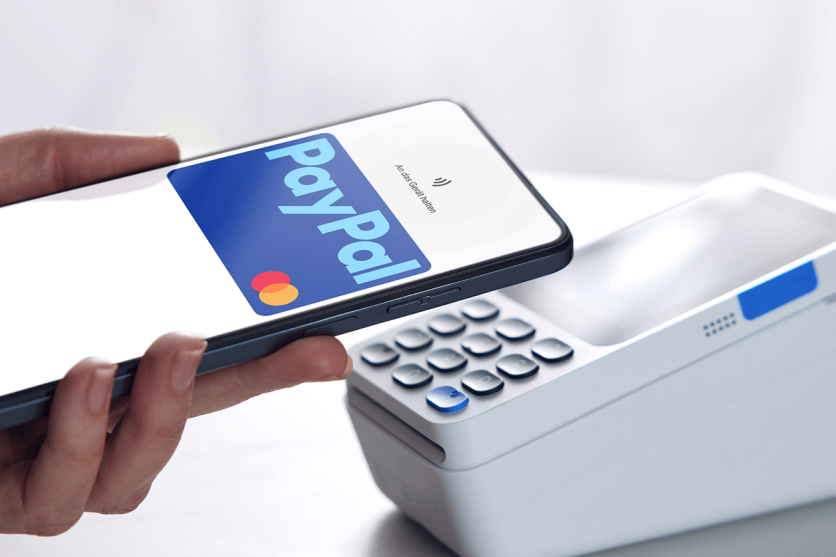The years-long wait for Apple to open its near-field communication (NFC) support to third-party apps is slowly ending as PayPal is now offering the direct tap-to-pay experience to all iPhone users in Europe.
In its early rollout, it is available to all users from Germany, but it will later open up access to other regions of the European Union (EU), all thanks to the regulations from the Digital Markets Act (DMA).
Under the DMA, Apple has been given a choice to either face massive fines or adhere to the rules by opening up to third-party service providers.
PayPal's Direct Tap-to-Pay for iPhone Begins Rollout
Earlier this month, PayPal shared a press release announcing that the long-awaited tap-to-pay feature on iPhones is coming soon. This feature will allow users to pay directly using their mobile wallets from their PayPal accounts.
According to the German news site iPhone Ticker, the direct tap-to-pay feature on PayPal is now appearing for some users on their apps.
It was revealed that it is already on its early trial period in this stage, and it will continue to add more users to try out the experience before its actual, full-blown launch. It has not been confirmed as of writing when this will take place.
It was also shared that it currently works for Mastercard-enabled terminals in stores or merchants, and users only need to tap their iPhones to the machine and choose to pay via the PayPal app.
Read Also: Trump: Apple Will Build Many Plants in the US via $500B Pledge—Is It the End for India, China?
This early rollout from PayPal is intended to make the feature available in Germany first, but it will later be available to more EU countries. However, the company has yet to provide details on the expanded rollout as of writing.
Europe's DMA and Apple's Massive Changes
Since the EU started its DMA enforcement in the region against "gatekeepers" such as Apple, there have been significant changes in their operations and technologies in an effort to comply with regulations.
First, Apple was forced to open up the iOS for sideloading, which allowed alternative app storefronts to take center stage, and this paved the way for users to bypass the App Store's exclusivity.
Moreover, this also had Apple loosening its grip on in-app purchases exclusivity, which previously only ran through the App Store and had developers facing a 70-30 commission split. Now, users get the chance to choose their preferred payment channels to pay for subscriptions or in-app purchases, but EU regulators previously found Apple to have potentially violated it.
Of course, the DMA did not only scrutinize Apple and its services when the regulation took effect, as other companies were also designated as gatekeepers, such as Google, Meta, Microsoft, and more. The DMA has looked towards opening Europe's technology to be accessible for all and make it fair for developers to thrive.
ⓒ 2026 TECHTIMES.com All rights reserved. Do not reproduce without permission.





